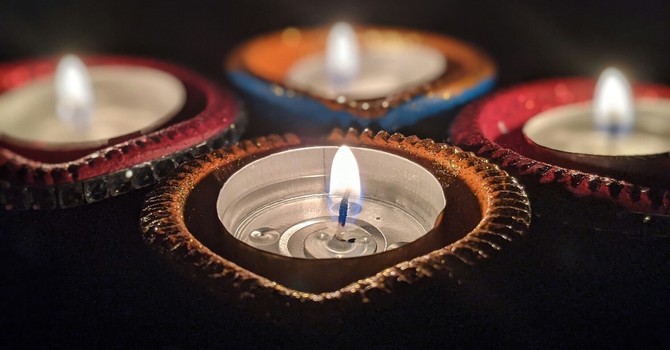
“I feel stressed all the time.”
“My mind is cluttered.”
“I have no motivation to do anything.”
“I’m not sleeping well.”
“I just want to hide away from everything.”
You know something’s off — physically, emotionally, mentally. There’s a shift in your energy, your thoughts, your motivation. But you’re not sure whether it’s anxiety, depression, or something else entirely.
That uncertainty is common — and it often leads to a very reasonable question:
What’s really going on?
What Anxiety Often Feels Like
Anxiety shows up as a constant sense of urgency or fear — like you're always bracing for something to go wrong.
- Emotionally: Restlessness, racing worry, fear of making mistakes, feeling overwhelmed
- Mentally: Persistent “what if” thoughts like “What if I mess up?” or “Something bad is going to happen.”
- Physically: Tension in your body, racing heart, difficulty sleeping, feeling on edge
Sometimes anxiety pushes you into over-functioning — overthinking, overdoing, saying yes to everything. Other times, it leads to avoidance — putting things off, withdrawing, or feeling too overwhelmed to even start.
What Depression Often Feels Like
Depression brings a sense of heaviness, hopelessness, and disconnection. It can feel like your energy, motivation, and joy have just shut down.
- Emotionally: Numbness, persistent low mood, guilt or shame, emotional flatness
- Mentally: Thoughts like “What’s the point?” or “I just don’t care anymore.”
- Physically: Exhaustion that sleep doesn’t fix, changes in appetite or sleep, slowed movement or speech
Even the smallest tasks — like showering, answering a message, or getting out of bed — can feel like too much.
Related Post: Is It Sadness or Depression? And is it okay to say “I feel depressed” even if you haven’t been diagnosed?
How to Tell the Difference Between Anxiety and Depression
While anxiety and depression can overlap, there are key differences in how they show up — mentally, physically, and emotionally.
Here’s how to start noticing which you're experiencing:
Mental pace:
- Anxiety tends to bring racing, cluttered thoughts — like your brain won’t slow down.
- Depression often feels mentally foggy or slowed, like it’s hard to think clearly or at all.
Physical state:
- Anxiety feels tense, wired, and restless.
- Depression feels heavy, fatigued, and sluggish.
Emotional outlook:
- Anxiety focuses on fear — worrying about what might go wrong.
- Depression carries a sense of hopelessness or emotional numbness.
Motivation:
- With anxiety, you may want to take action but feel overwhelmed.
- With depression, the desire to act often disappears altogether.
Energy levels:
- Anxiety can make you feel jittery or unable to relax.
- Depression makes it hard to get out of bed or move through your day.
Can You Have Both Anxiety and Depression?
Yes — and it’s more common than people think, especially if one has been present for a while.
You might feel:
- Exhausted and overwhelmed at the same time
- Restless but also unmotivated
- Stuck in negative thoughts but too drained to act
- Torn between panic and hopelessness
Anxiety tells you to do more. Depression tells you there’s no point.
Feeling both at once can be especially confusing and frustrating.
How Therapy Can Help You Untangle This
Therapy isn’t about labeling your experience — it’s about understanding it and finding ways to cope and heal.
Therapy can help you:
- Explore what you’re feeling emotionally, mentally, and physically
- Identify what might be contributing to your symptoms
- Build coping tools that actually help — not just in the moment, but long-term
- Create routines and support systems that make sense for your life
Whether you’ve been feeling overwhelmed, stuck, heavy, tense, tired, or just not yourself — therapy can help you figure out why and what to do next.
When to Consider Medical Support
Therapy is often a key part of feeling better — but sometimes additional support is needed.
If your symptoms are:
- Persistent
- Interfering with daily life
- Getting worse over time
…it may be helpful to speak with a medical provider. They can provide a formal diagnosis if needed and discuss treatment options, including medication.
Therapy and medical treatment often work best together as part of a comprehensive plan.
________________________________________
Crisis Support (If You Need It)
If you’re having thoughts of self-harm or suicide, help is available.
Suicide Crisis Helpline: Dial 988 (24/7) or visit 988.ca
Hope for Wellness Helpline (Indigenous peoples): 1-855-242-3310 (24/7) or visit hopeforwellness.ca
Emergency: Call 911 immediately if you or someone else is in danger.







